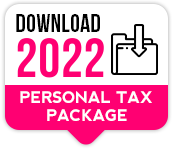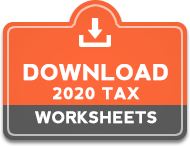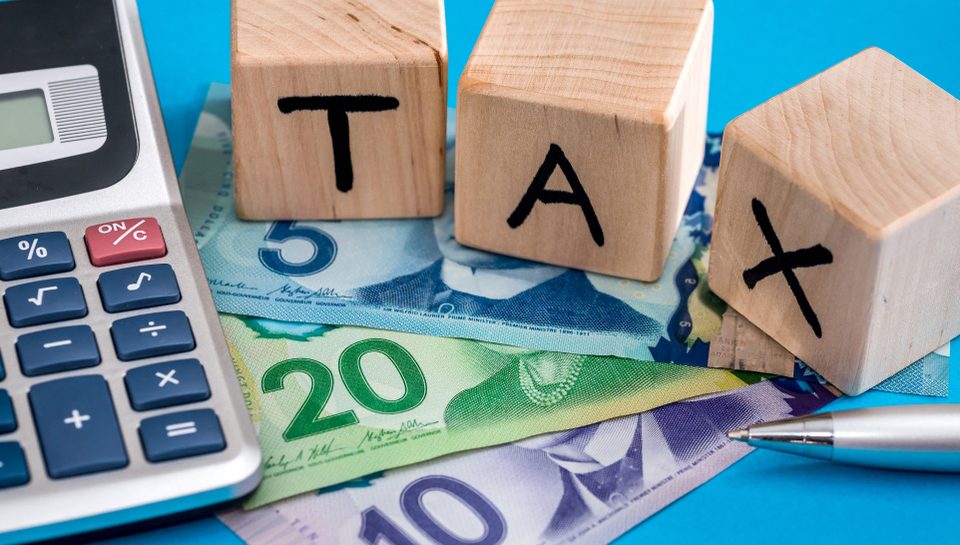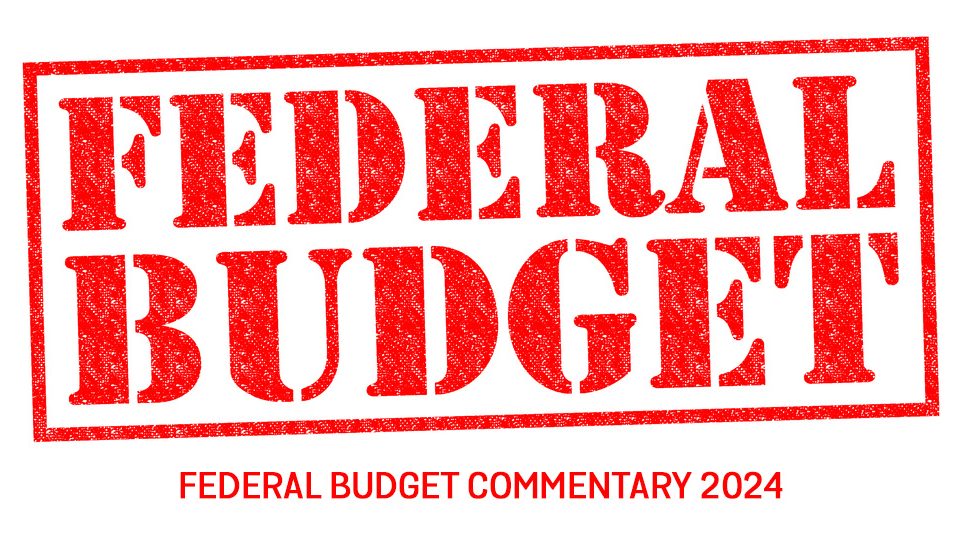
CRA may tax company gifts to employees, depending on what it is and how much it’s worth
January 2, 2024
CRA no longer requiring tax return for bare trusts this year
April 6, 2024On February 29, 2024, Alberta Minister of Finance Nate Horner announced the 2024 Alberta Budget. The Budget aims to strengthen health care, education and communities, manage resources, and promote job creation. No changes were made to the existing provincial corporate tax rates.
Crowe MacKay’s tax experts summarize the Alberta Budget’s new measures below. If you have any questions, connect with us in Alberta, British Columbia, Northwest Territories, or the Yukon.
Personal Tax Measures
New Eight per cent Personal Income Tax Bracket
The Alberta Government intends to introduce a new personal income tax bracket of eight per cent on an individual’s first $60,000 of income, a decrease from the current rate of ten percent. The rate reduction is expected to be implemented over two years. In 2026, a new nine per cent tax bracket will be introduced for income up to $60,000, and the rate will then be reduced to eight per cent in 2027.
Alberta is Calling Attraction Bonus
The Alberta is Calling Attraction Bonus is a one-time initiative that will provide a $5,000 refundable tax credit to individuals working in eligible occupations who move to Alberta after the program start date in April 2024 and meet additional eligibility criteria. These criteria will include working full time in a specified occupation, filing their 2024 taxes in Alberta and living in the province for at least 12 months. More information on this credit, including the application process and additional eligibility criteria, will be made available in the coming weeks.
Other Tax Measures
Education Property Tax
For 2024-25, education property tax rates will be frozen at $2.56 / $1,000 for residential / farmland property and $3.76 / $1,000 for non-residential property.
Vaping Tax
Starting as early as January 1, 2025, vaping substances sold in Alberta will also be subject to a provincial tax at the same rates as the federal rates, as set out below:
- $1 per 2 millilitre (mL) or gram (g), or fraction thereof, for the first 10 mL / g of vaping substances in the vaping device or container, plus
- $1 per 10 mL / g, or fraction thereof, for amounts over the first 10 mL / g.
The Federal Government will administer the collection of the tax.
Tobacco Taxes
Effective March 1, 2024, the tax on cigarettes will increase by 2.5 cents to 30 cents per cigarette and the tax on smokeless tobacco will rise by 7.5 cents to 35 cents per gram.
Electric Vehicle Tax
The Budget introduces a new $200 annual tax on EVs, with a targeted effective date of January 1, 2025. The tax will be paid when owners register their EVs and will be in addition to the existing registration fee. The tax will not apply to hybrid vehicles. More details regarding the tax will be made available when legislation is introduced in fall 2024.
Land Titles Registration Levy
Alberta will replace its current variable land title charges with a new Land Titles Registration Levy set at $5.00 per $5,000 of value for property transfers and mortgage registrations. This is an increase from the current variable charges of $2.00 per $5,000 of property value and $1.50 per $5,000 of mortgage value, for property transfers and mortgage registrations, respectively. Legislation implementing these changes will be brought forward in Spring 2024 and more details about the effective date will be provided at that time.
Fuel Tax Relief Program
The fuel tax rate for gasoline and diesel will remain at nine cents per litre until at least March 31, 2024, saving drivers $124 million from January through March. While the tax was partially reinstated in January, average Alberta fuel prices were much lower during that month than when the program was first introduced in April 2022. In future quarters, these rates will be determined based on the average WTI price according to the following schedule.
Tourism Levy
Amendments to the Tourism Levy Act were passed in Fall 2023 to require online brokers, such as Airbnb, VRBO and Expedia, to collect and remit tourism levy on temporary accommodations purchased through their marketplaces. These changes were supported by recent amendments to the Tourism Levy Regulation and will be effective on October 1, 2024.
The amendments will impose collection and remittance obligations on online brokers when they collect payment from the purchaser on all types of temporary accommodation, including short-term rentals and hotels, booked through their marketplace on or after October 1, 2024. Temporary accommodation providers will continue to collect and remit tourism levy on bookings where they collect payment directly from the purchaser.
Short-term rental hosts are required to collect and remit the applicable tourism levy on stays booked before October 1, 2024. The Alberta Government will continue to review compliance with these requirements.
If you are looking for Tax Services, Crowe MacKay provides personalized support. Our tax professionals will help you maximize tax-planning opportunities and ensure the minimum amount required by law is paid.
Post Credit: Crowe.com
(https://www.crowe.com/ca/crowemackay/insights/2024-alberta-budget-summary)







